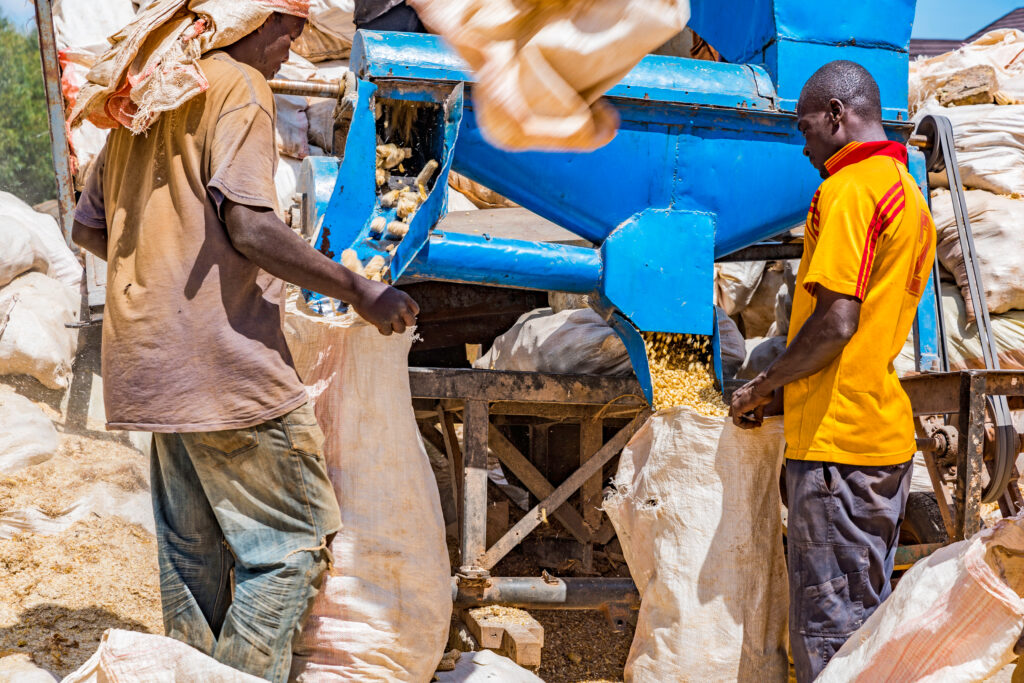Special risks in the production of millstones in Ethiopia
What are the human rights risks in the Ethiopian stone industry? Millstone manufacturer Engsko has learned a lot about this over the past 15 years of operating a factory in Ethiopia.
Natural resources
Many of Ethiopia’s natural resources, such as water, are under pressure. This affects the local population’s right to clean drinking water and food. When Engsko was building a factory, they chose a solution that minimized water and energy consumption. Investments were made in new sources of water and Engsko is continuously converting to the use of solar panels. Every year, investments are made to improve energy consumption by optimizing production flows, purchasing new machinery and using more energy-saving work processes.
Corruption and wages
There is a high level of corruption in Ethiopia, so before construction began, Engsko involved both Danish and local authorities to get the right licenses and permits. In addition, Engsko has chosen that only the Danish office buys raw materials for the factory – again to minimize the risk of corruption cases.
In general, there is a risk of child labor in Ethiopia. Often because families depend on their children’s earnings to survive. Engsko has secured the factory’s employees a salary of 15-20% above the local average to help ensure that the employees and their families can survive without the children having to work. The wage level is calculated based on the local average wage, provided by the factory’s local owner.
Occupational health and safety
Especially for Engsko’s industry, there is a risk of an unhealthy work environment due to chemicals and poor posture. Without the right information and safety measures, this can wear employees down at an early age. That’s why Engsko ensured, for example, that employees knew how to take care of themselves and lift heavy stones correctly.
To ensure the implementation of all the initiatives, a Danish Engsko employee was at the factory for the first two years, training the factory’s employees and teaching Engsko’s values. Engsko’s strategy has ensured loyal and efficient employees – which in turn leads to increased quality and efficiency, giving Engsko a competitive advantage.






Benefits for people
- Engsko’s operations do not increase pressure on clean drinking water and food
- Employees receive a decent wage and can avoid sending their children to work
- Employees at the factory gain knowledge on how to take care of themselves
- Employees are not exposed to unnecessarily unhealthy chemicals in their work
Engsko on the business benefits of working with human rights
“We didn’t want to have any negative impact on the local community when we started the factory. Engsko’s factory should not be at the expense of the local community, but should contribute positively.”
Henrik Wollesen, direktør, Engsko
